Latest Death guides
We understand that dealing with the practicalities of death can seem overwhelming and complicated. It's common to have some questions. That's why we have written these simple guides, minus the legal jargon.
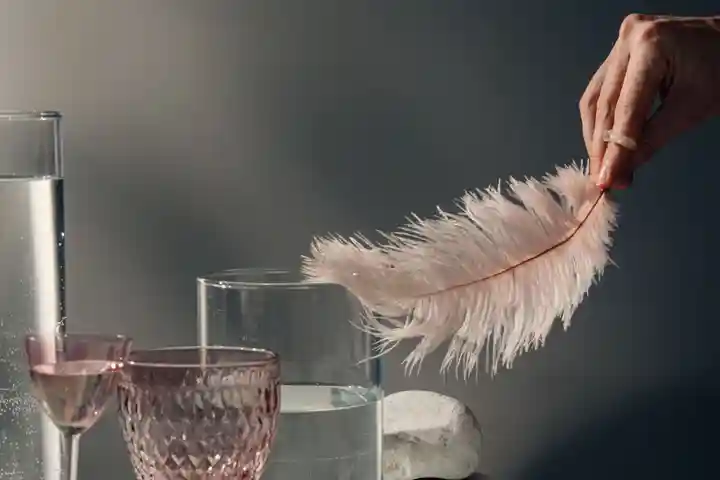
Looking for signs that they’re still here with you? Here are 10 popular ones.
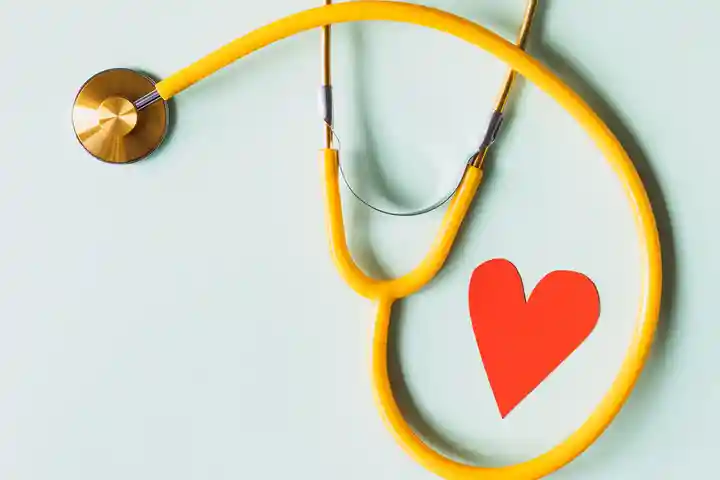
Organ and tissue donation doesn’t just save multiple lives. It can also help the donor’s family move forward with their grief. Read on to learn more.
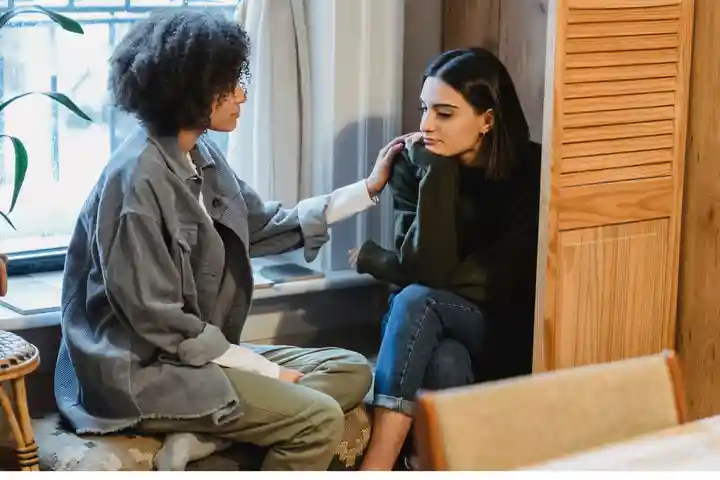
Deciding what to say when someone dies can be challenging. To help you support those around you, here are the dos and don'ts.

Ah, famous last words. Ever thought about what yours would be? Well, if this topic has piqued your interest (or if you’re just plain nosy), then here are our fave parting words from famous writers, musicians, and other creatives from history.

Understanding the death care industry can be confusing, but it’s something everyone will need to navigate at some stage.

There are few things as layered with complexity as the concept of death. Let’s unpack how to best explain it to the little ones in your life.
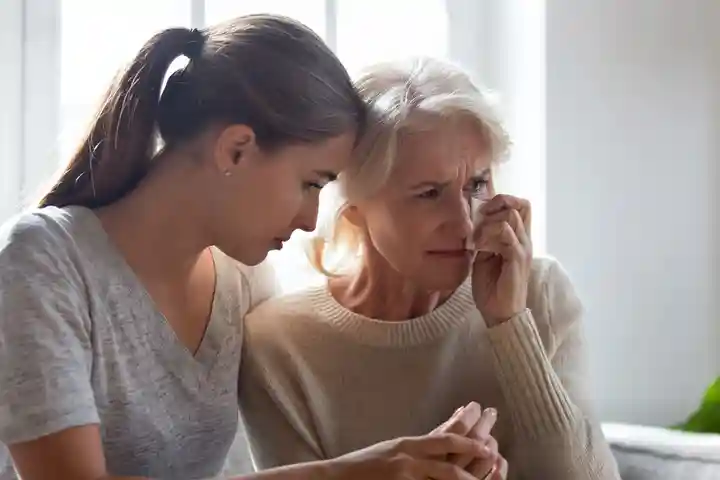
How does death change families? Sometimes for better, sometimes for worse.

Wondering how to tell people that someone near and dear to you has died? Saying it out loud can be one of the toughest challenges of them all.

If you have lost someone or your loved one is in palliative care, and they previously served in the Australian Defence Force (ADF), know that there is plenty of support and financial assistance available to help you process and navigate this difficult time.
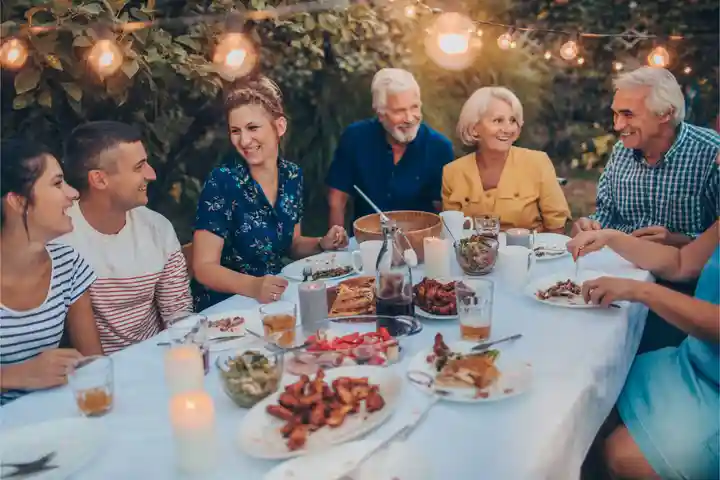
We look at what death can teach us about living a good life, as per the findings of one inquisitive data analyst who scoured the obituary pages for clues.

Television shows can be a surprising resource, offering important examples of how people process grief and handle loss. Watching fictional characters struggle can actually help all of us learn how to better process these raw feelings.
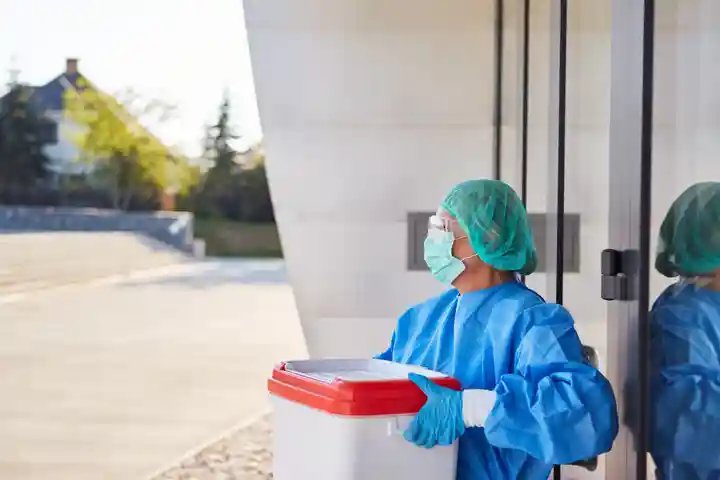
While the majority of Australians support organ and tissue donation, only around one in three are registered donors. Here’s why.